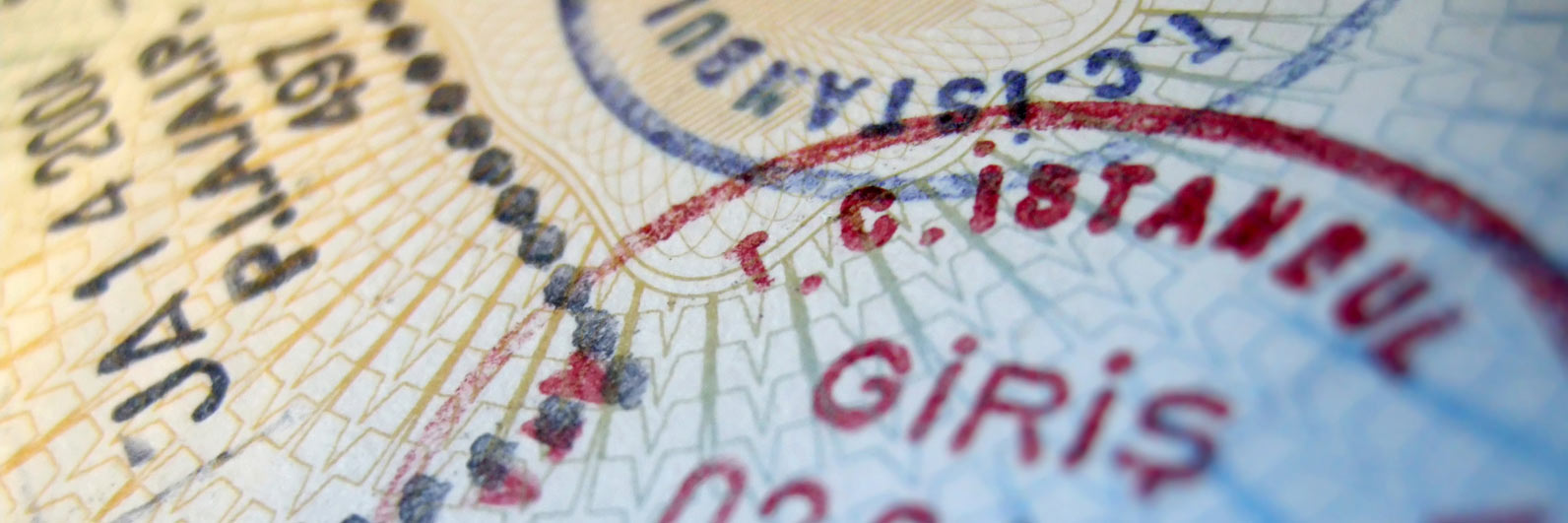Tariff trade barriers are custom regulations initiated by political or legal influences. In addition to certification and labelling regulations, customs are one of the typical instruments for implementing protectionist measures of a country and control the market entry. Requirements for the proportional local production are another instrument and are usually linked to the amount of the import tariff rate (Local Content Conditions). In contrast to protectionism, countries use free trade zones (Free Trade Agreements) and special economic zones (Special Economic Zones) to promote trade between countries. The structure of free trade zones and special economic zones can have implications on the strategic network design as well as on tactical planning of production and distribution, for example by using production and distribution centers of an economic area for foreign supply.
In the context of tariff trade barriers, potential savings are provided to companies that can be achieved by changing network structures or network planning. However, these changes are accompanied by high costs and determine the efficiency of the processes, so that an intense and transparent examination of the market development, existing structures and processes is necessary in order to achieve statements regarding structural and processual improvements to avoid tariff trade barriers.
We offer the following services for our customers:
- PESTL(E) Analysis of existing and future sales markets with a view on tariff trade barriers
- Workshops on the development of future scenarios of the network design, considering trade barriers and free trade agreements
- Simulation based, dynamic evaluation of the developed scenarios with company specific parametrization, e.g. order lead time, time to market or throughput times
 Fraunhofer Institute for Material Flow and Logistics IML
Fraunhofer Institute for Material Flow and Logistics IML